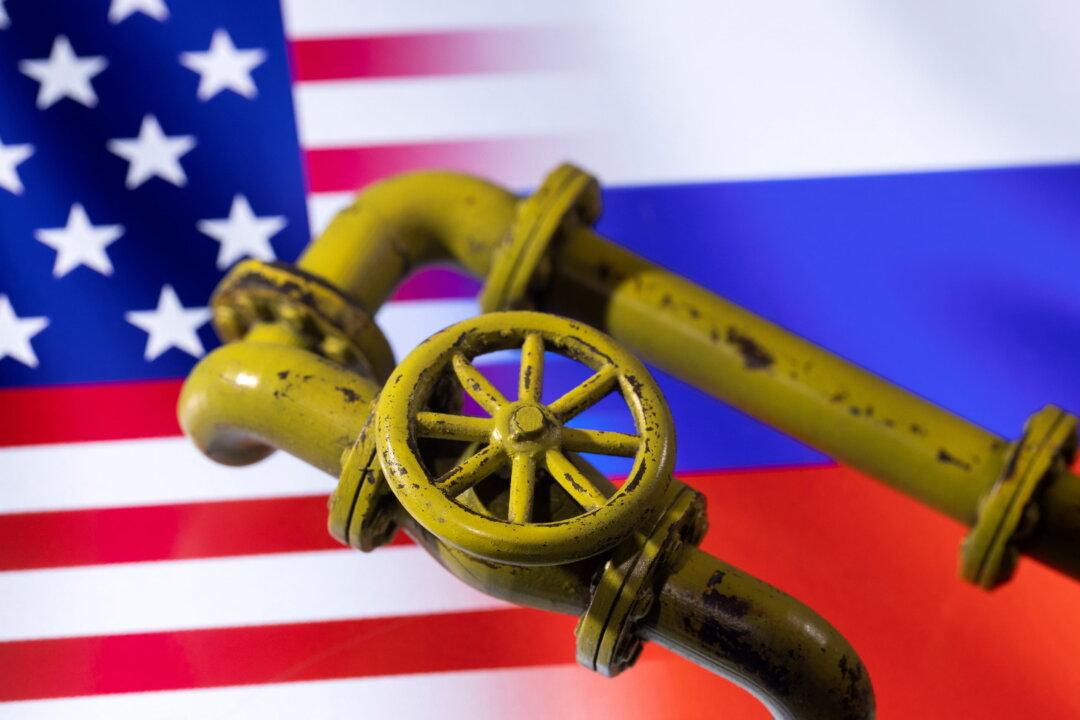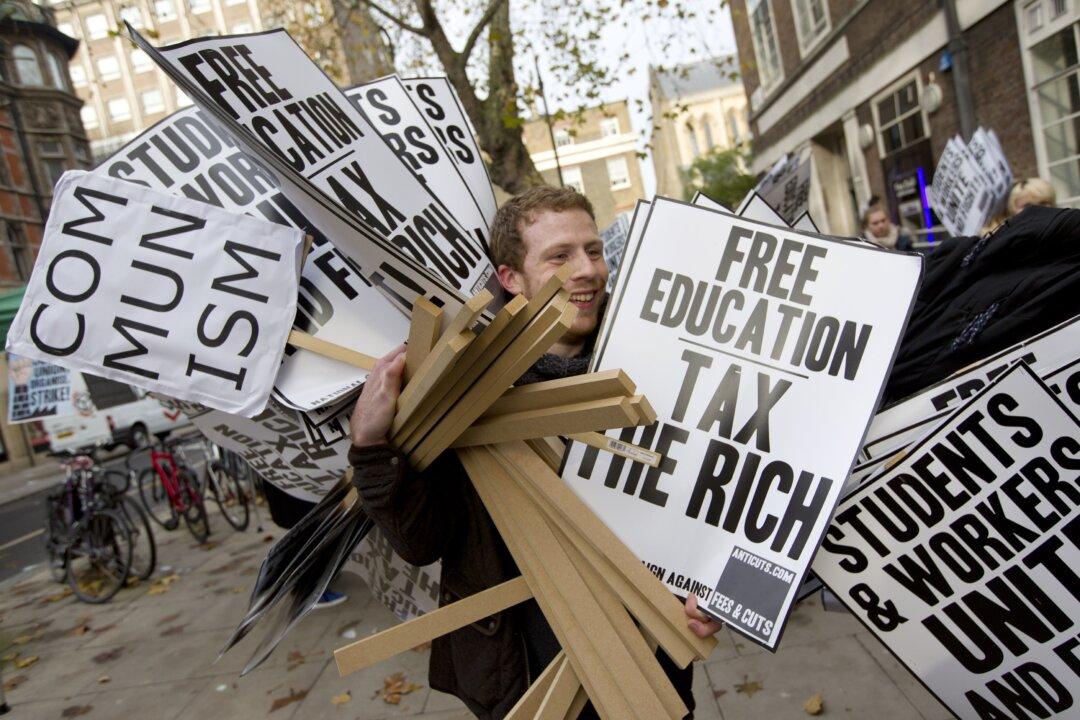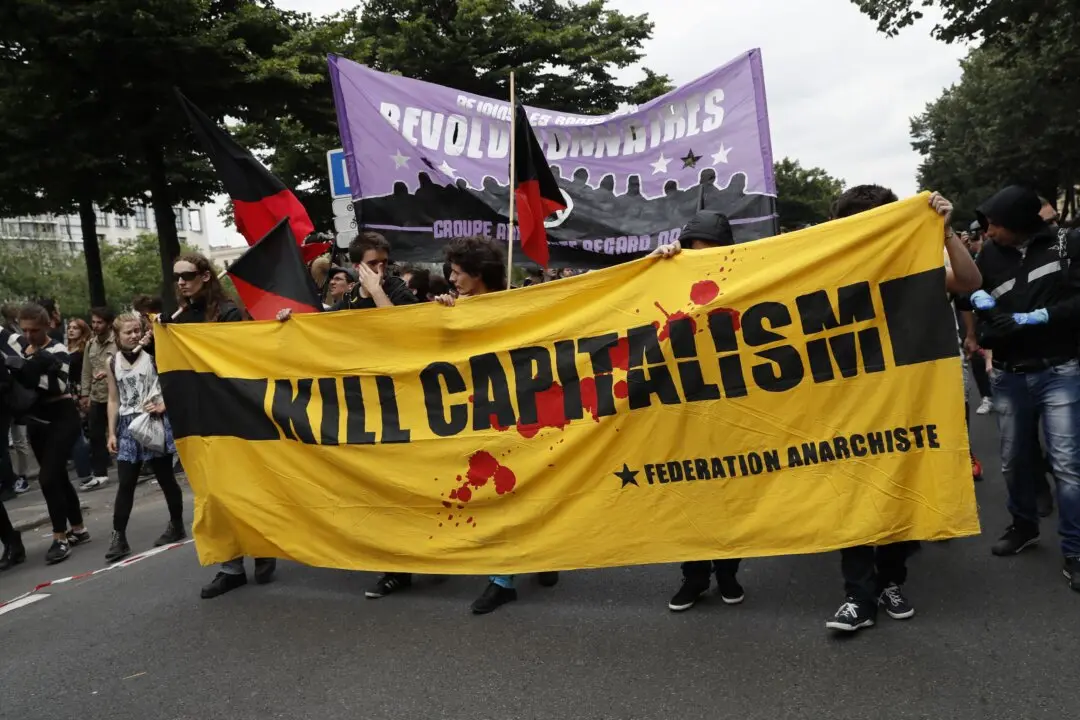Commentary
Nobody ever said that being president of the United States is an easy job. Whoever sits in that office has to juggle the competing demands and interests of various constituencies. The political tendency is for a president to make more promises to various societal sub-groups than he can actually do for them.





